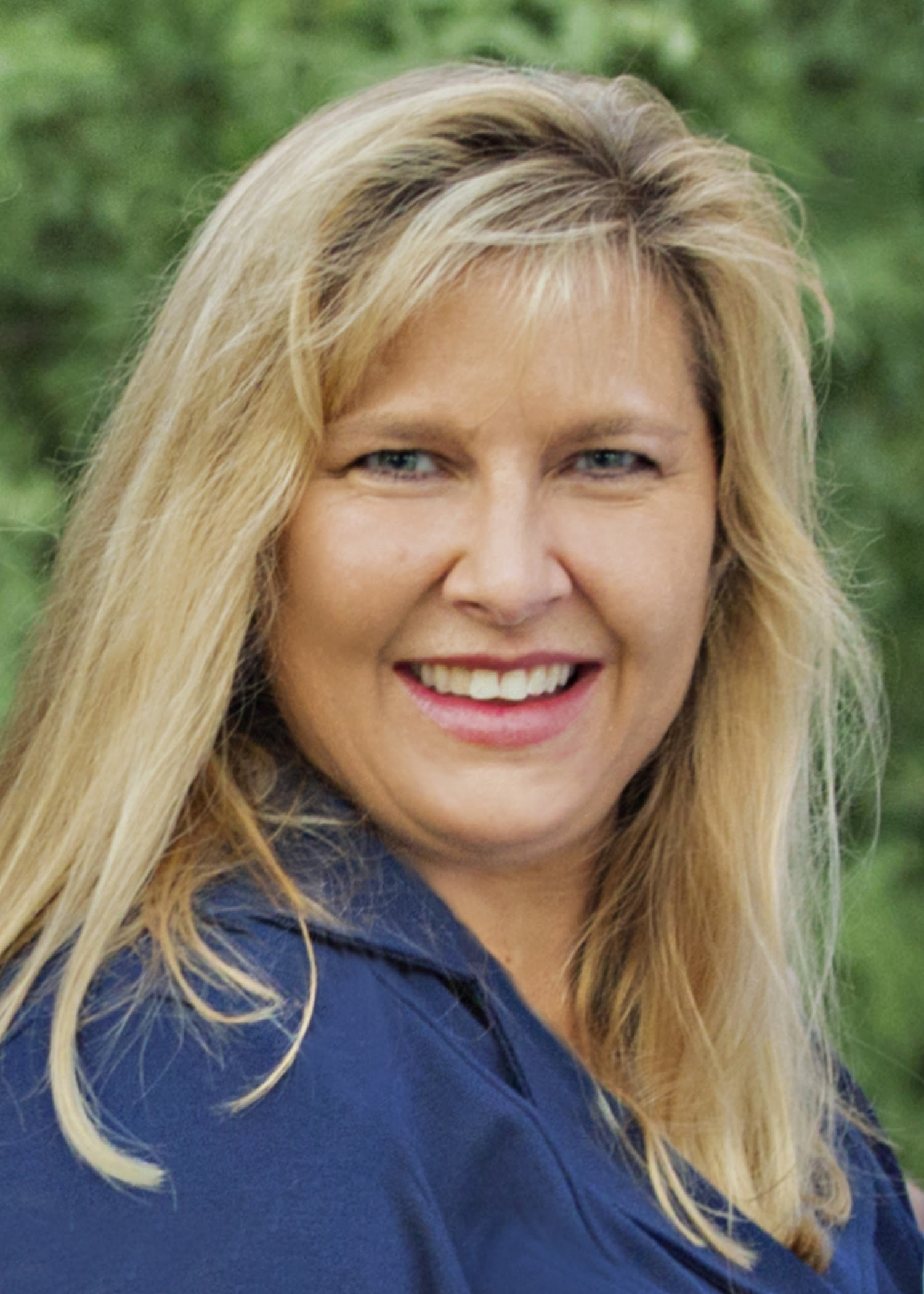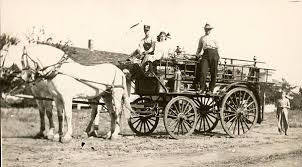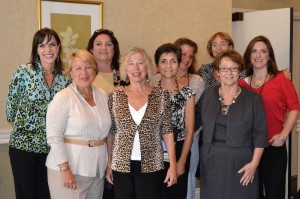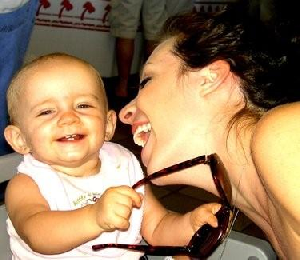When you have a child, you start thinking about what you want to leave them. Naturally, we think of a college education, money or a home. But far more important, is the legacy of values you give them. My friend Marjorie Desmond, a Phoenix estate planning attorney, suggests writing a legacy letter for your children. Since we don’t know what will happen tomorrow, she recommends parents write a letter for a child or grandchild’s home-leaving, graduation, a special birthday, wedding, birth of their first child or your own funeral. Marjorie’s mom, now deceased, wrote her a poem when she left home, and now with her daughter getting ready to leave for college, she was able to share this poem with her.


Write a legacy letter. Think of everything you’d want to tell your spouse and children if you knew you had two weeks to live, and put it all in a letter to them. Tell your daughter, or granddaughter what you felt when she was born. The kind of man you want her to marry and why. You express to your spouse how happy they’ve made you and your desire for them to be free to be happy when you’re gone.
Share the meaning of your life, beliefs and the lessons life has taught you. This can be done in a letter, an audio recording, or a video. You can make a scrapbook with photos and written stories. You can say at your son’s graduation, “Scott, my heart overflowed with joy at the realization of how all your hard work is now paying off. I am so proud of you!” This part of the letter is a way of telling your unique story, including your accomplishments, how you’ve tried to live your life and what your family will take from you. You can encourage your children to make wise choices.
Include your family history. “My Grandpa was born in Oklahoma territory and we know very little about his family history,” lamented Marjorie. “We see 69% of people die without any estate planning at all. The most important part of a legacy is the values, words of wisdom and life lessons you carry with you. You don’t want your family to learn the hard way.”
Marjorie has a passion to help other families because of her own legacy. Her Grandpa, a Slovenian immigrant, served in the Army Air Corps during WWII as a medical doctor. In early 1945, his plane crashed and he died. At the age of seven, Marjorie’s Dad was told, “You’re the man of the house now,”and he helped raise his younger brother. Because an uncle received the death benefits, Marjorie’s grandmother had to live frugally. She went back to school and become a teacher. Marjorie’s dad was also a medical doctor who was drafted to serve in Vietnam. Thankfully, he returned safely, but life is often uncertain. Don’t miss an opportunity to share your values with your family. This is why Marjorie is passionate about helping other families plan their legacy. From the age of eight, she knew she wanted to be a lawyer. She has a passion for making sure we pass on what we want to, to whom we want, when we want, and these things we pass on start with our values.
“No one is getting out alive,” Marjorie reminded me. “Don’t you want to leave your child a love letter?”
If parents take the time to write these legacy letters, they’ll be much more likely to express gratitude and joy on a daily basis to their loved ones.








